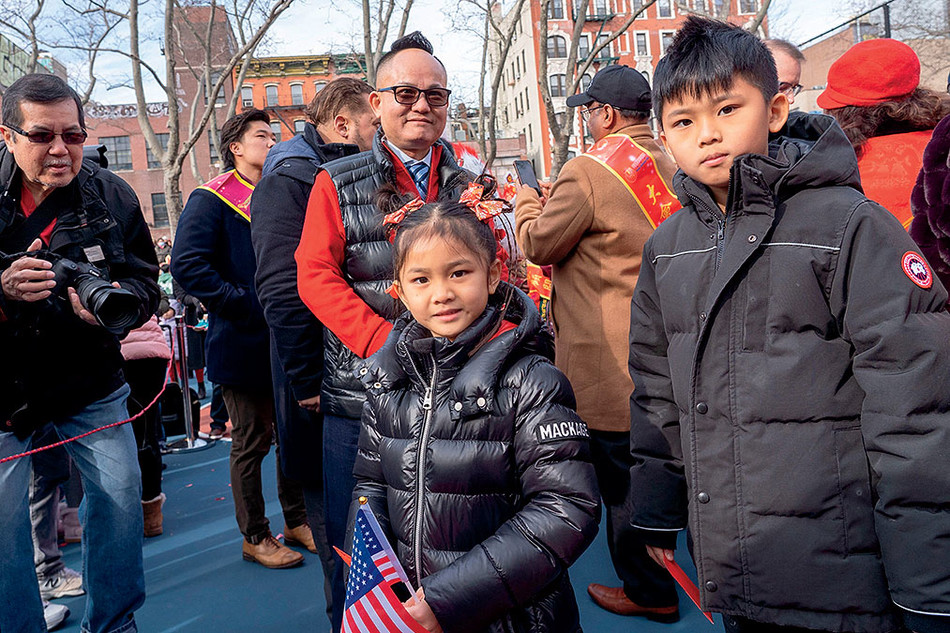A surge of anti-Chinese racism that emerged in the US during the COVID-19 pandemic does not seem to be abating, according to a new nationwide survey of 6,500 Chinese-Americans conducted by researchers at Columbia’s School of Social Work and the New York–based nonprofit Committee of 100.
The survey and research project, which provides one of the most comprehensive snapshots of Chinese-Americans’ viewpoints and life experiences ever conducted, finds that nearly 10 percent of respondents were physically assaulted or threatened with violence in the past year; 20 percent were called a racial slur or verbally harassed; and 74 percent experienced some form of racial discrimination. The racial hostility appears to be taking a toll on Chinese-Americans’ mental health, with nearly one in four participants reporting levels of emotional distress that put them at risk for psychiatric problems.
The Columbia researchers, led by professor Qin Gao ’05SW and graduate students Jennifer So and Stacie Tao, together with Committee of 100 staffer Samuel Collitt, say they made special efforts to study Chinese-Americans not typically represented in large-scale US population surveys, including those who speak little or no English and live in rural areas. Their report, published on the Committee of 100 website, provides an unusually detailed portrait of one of America’s fastest-growing demographic groups (there are now 5.5 million people of Chinese ethnic origin in the US) and includes recommendations for combating anti-Chinese racism and improving social services for the approximately one-quarter of Chinese-Americans who are poor.



